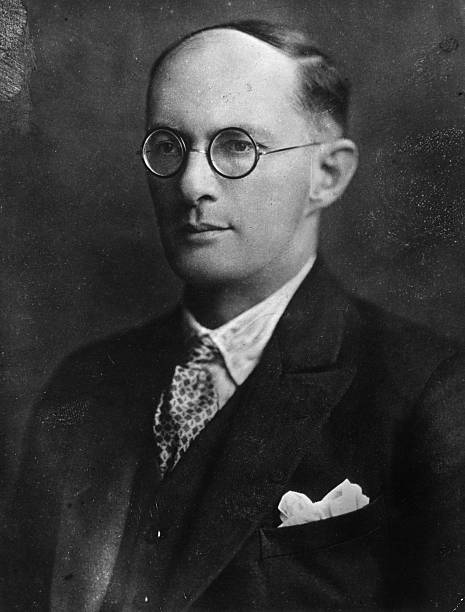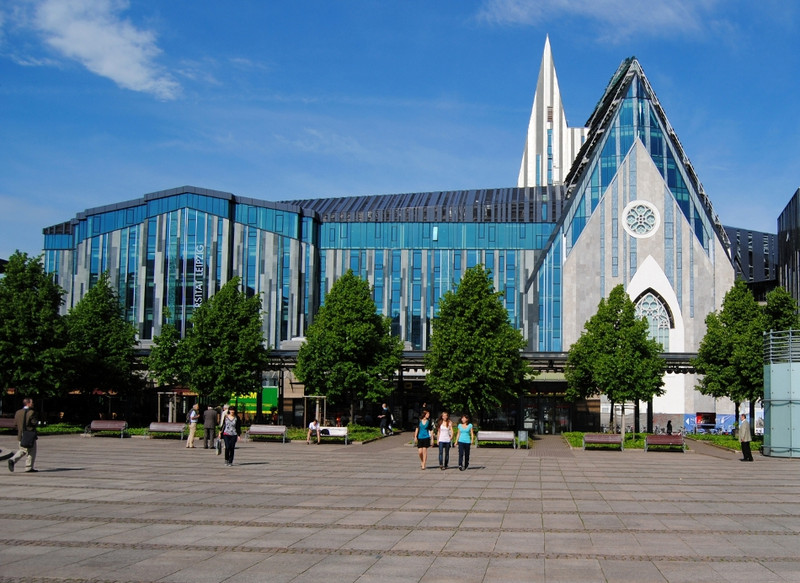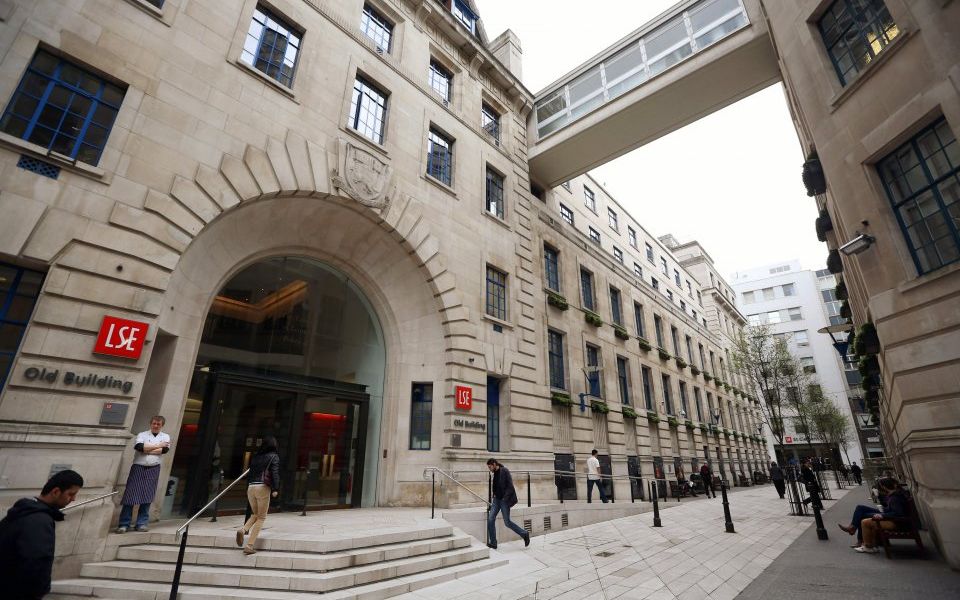Background
Bronislaw Malinowski was born on April 7, 1884, in Krakow, then in a part of Poland belonging to Austria. His father was a professor of Slavic languages.

Malinowski with natives, Trobriand Islands, 1918





Bronislaw Malinowski was born on April 7, 1884, in Krakow, then in a part of Poland belonging to Austria. His father was a professor of Slavic languages.
Bronislaw attended Cracow's King John Sobieski public school and the Jagellonian University, earning in 1908 the doctoral degree in physics and mathematics. While ill he read Sir James Frazer's The Golden Bough, which turned his interest to anthropology. Brief study at the University of Leipzig under Karl Bücher and Wilhelm Wundt was followed in 1910 by further study in anthropology at the London School of Economics under C. G. Seligman and Edward Westermarck. He first lectured at the University of London's School of Economics in 1913. There he earned the doctor of science degree in 1916, was appointed reader in anthropology in 1924, and held the university's first chair in anthropology in 1927.
At Harvard University's tercentenary in 1936 he received an honorary doctoral degree.
He lectured in Geneva, Vienna, Rome, and Oslo.
During visits to the United States, Malinowski studied the Pueblo Indians in 1926 and lectured at Cornell University in 1933. In 1939, when World War II erupted, he was teaching at Yale University.
His command of languages included Polish, Russian, German, French, English, Italian, and Spanish, as well as the languages of tribal groups he studied. He attracted students with various career goals, particularly colonial civil servants, and trained and directed the field research of a generation of social anthropologists. He encouraged beginning students but was often intentionally devastatingly critical as they became more advanced. The most able responded with greater effort and often with self-assertive anger mixed with admiration and devotion.
Malinowski emphasized the function of such cultural characteristics as custom, ritual, religion, sexual taboos, institutions, ceremonies, and beliefs. In focusing on these and other cultural factors as functional parts of a nicely balanced system, he founded the so-called functional school of social anthropology and helped transform speculative anthropology into a modern science of man.
Malinowski died in New Haven, Connecticut, on May 14, 1942.
(Malinowski, Bronislaw, Sex, Culture, And Myth)
He said: "Both magic and religion are based strictly on mythological tradition, and they also both exist in the atmosphere of the miraculous, in a constant revelation of their wonder-working power. They both are surrounded by taboos and observances which mark off their acts from those of the profane world."
Quotations:
"The final goal is to grasp the native's point of view, his relation to life, to realise his vision of his world."
"The anthropologist must relinquish his comfortable position in the long chair on the veranda of the missionary compound, Government station, or planter's bungalow, where, armed with pencil and notebook and at times with a whisky and soda, he has been accustomed to collect statements from informants.He must go out into the villages, and see the natives at work in gardens, on the beach, in the jungle; he must sail with them to distant sandbanks and to foreign tribes."
In 1933, he became foreign member of the Royal Netherlands Academy of Arts and Sciences.
Quotes from others about the person
A New York Times obituary called him an "integrator of ten thousand cultural characteristics" to whom students flocked, "enthralled by his command of his material. "
He married Elsie Rosaline Masson in 1919. She died in 1935, leaving three daughters. He later married Anna Valetta Hayman-Joyce.
